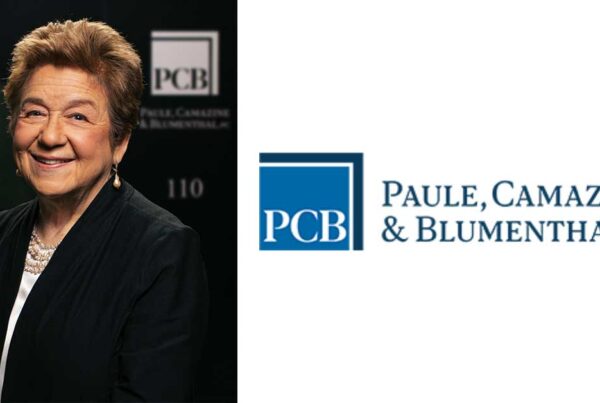H-1B Process
The H-1B visa process involves three steps when the employee currently is in the U.S. in a different immigration status or in H-1B status working for a different employer. An additional step is required if the prospective employee is outside the U.S. or after the approval of the H-1B petition, the individual must apply for an H-1B visa from a U.S. consulate abroad.
The first step is to determine the prevailing wage. This determination may be made in one of two ways. One way to determine the prevailing wage is by submitting a Prevailing Wage Determination request to the Department of Labor (“DOL”). Such a request describes the prospective employee’s job duties and the employer’s minimum requirements (education, experience, etc.) for the position. DOL then issues a Determination which provides the wage that the employer must guarantee to pay the employee.
Another way to determine the prevailing wage is by reviewing wage information released by the DOL. This wage information is available online. If the job duties and requirements are straightforward, the employer may review this information and make its own determination of the prevailing wage. If the employer is able to determine the prevailing wage for the position, it is not necessary to submit the application for Prevailing Wage Determination to DOL.
The second step is to submit the Labor Condition Application (“LCA”). The LCA is completed online and submitted electronically to DOL. The LCA is a relatively short application and seeks information about the employer, the prevailing wage, and the job description. By completing and submitting the LCA, the employer is making certain attestations, such as guaranteeing: to pay the prevailing wage, not to fire a U.S. worker to hire the foreign worker, and not to employ the foreign worker under conditions worse than those which apply to the employer’s U.S. workers.
After the LCA is submitted, the employer must post a notice advising its workforce of the filing of the LCA. The notice must be posted in the place of employment for ten business days. This posting advises the other employees the employer is filing an application for a visa for a foreign worker and allows the employees (and anyone else with adverse information) to alert DOL if the employer is violating the attestations made in the LCA.
After the application is submitted electronically, DOL will review and “certify” the application. Generally, this is done within seven days.
The third step is to file an I-129 petition to obtain H-1B status for the employee. After the LCA is certified, the I-129 petition for H-1B status is filed with U.S. Citizenship and Immigration Services (“USCIS”).
The I-129 petition must be accompanied by evidence establishing: (1) the petitioning employer is a bona fide entity with a legitimate job position; (2) the position is a “specialty occupation,” that is, it requires a bachelor’s degree or higher in a particular field; (3) the individual possesses that degree and is otherwise qualified for the position; and (4) the individual currently is in valid immigration status (if in the U.S.).


